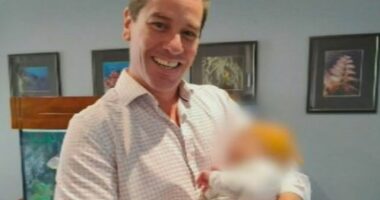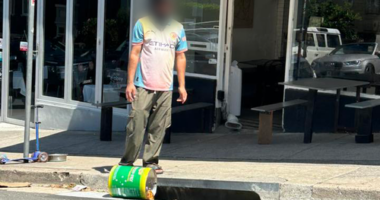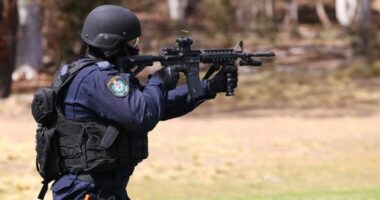Share this @internewscast.com
“The next sound we heard was an enormous explosion, and shortly after, in the break between the hills, we observed white smoke ascending. Over time, it transformed into a mushroom shape.”
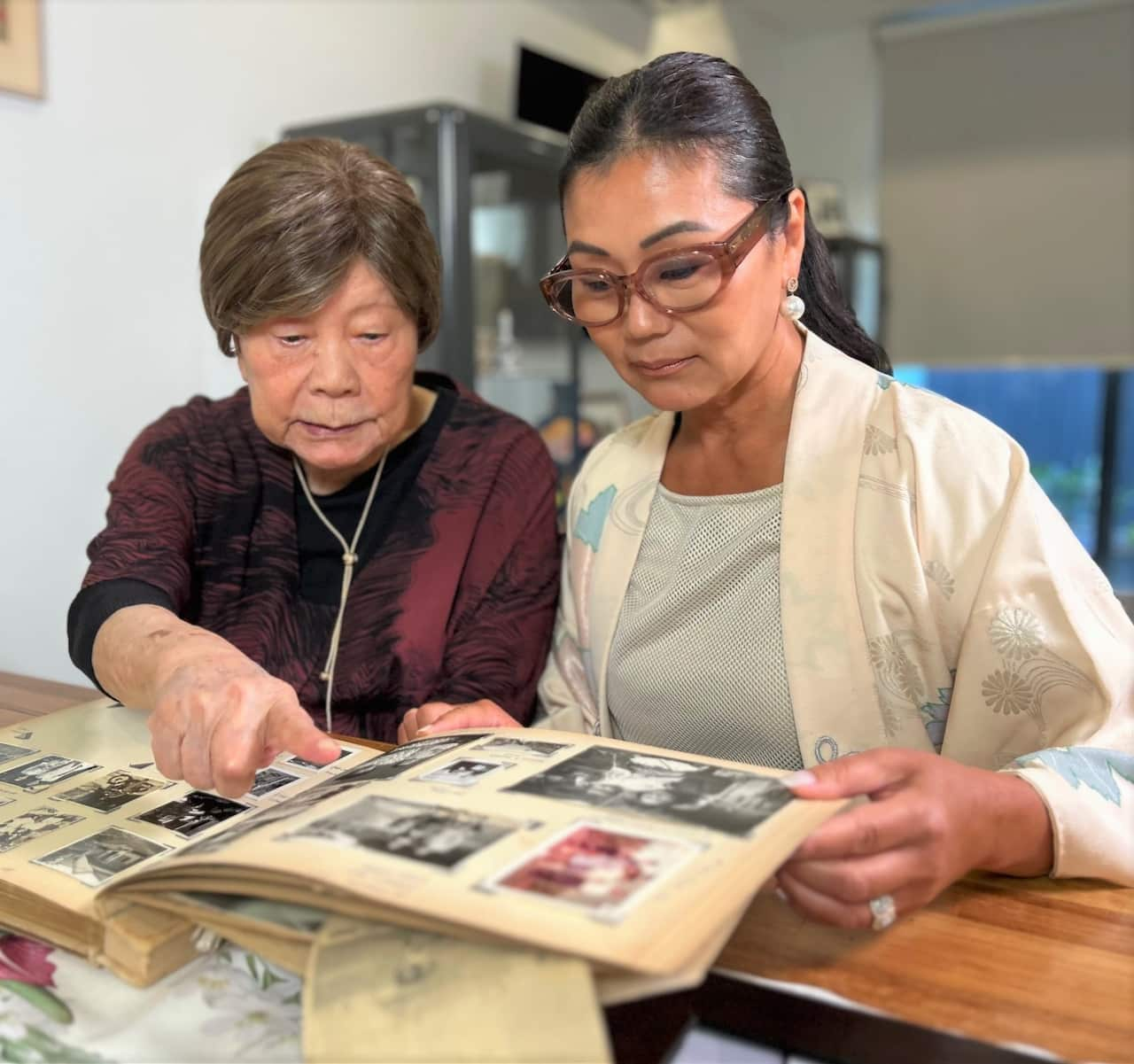
Tetsuko ‘Tess’ McKenzie (left) looking at old photos with her granddaughter Eri Ibuki. Source: SBS / Scott Cardwell
McKenzie was a teenager when she witnessed the devastating moment the United States dropped an atomic bomb on Hiroshima. It was nearly eight decades ago but memories of the event are forever etched into her mind.
A slightly larger plutonium bomb exploded over Nagasaki three days later, causing more destruction.
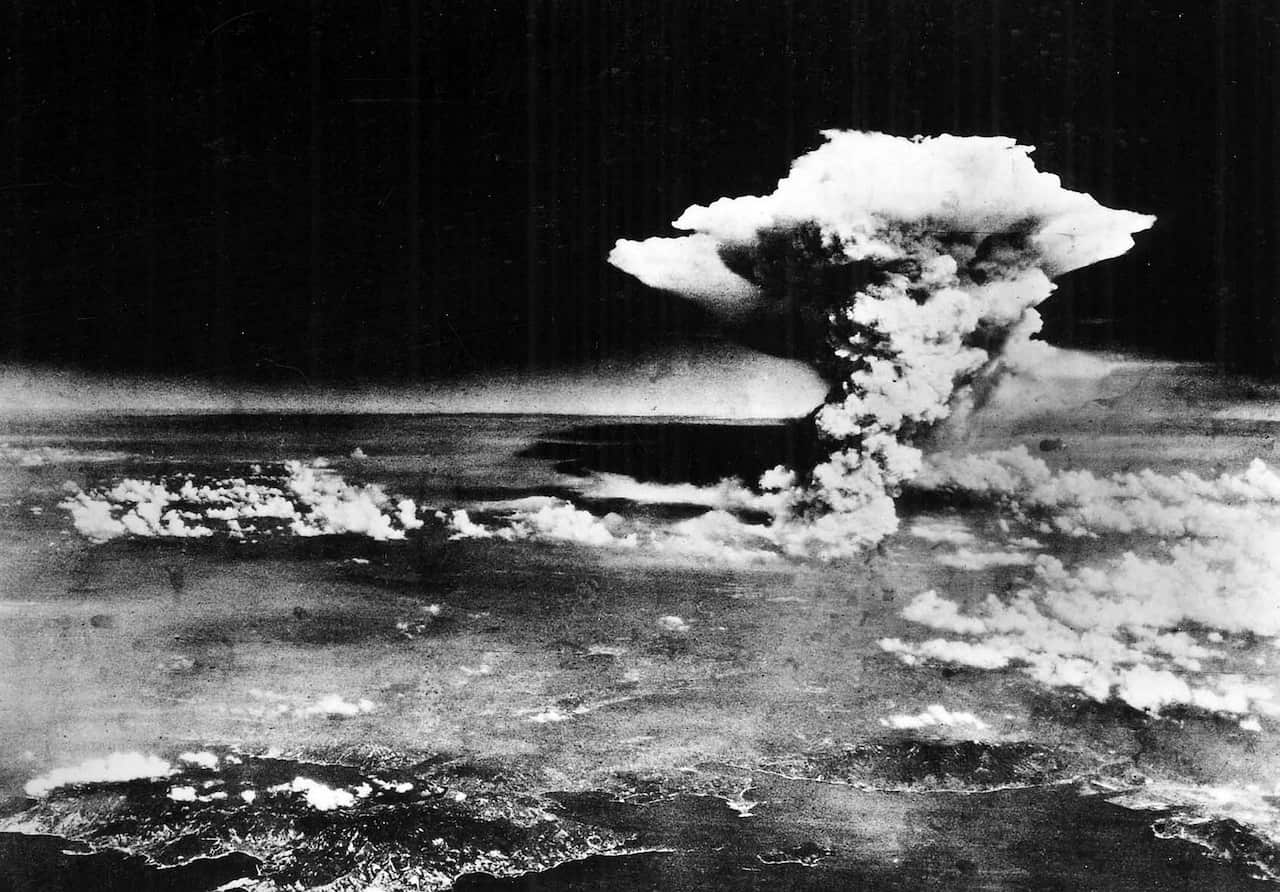
The explosion marked the first use of atomic weapons in warfare and had a profound impact on the course of history. Credit: Getty
An estimated 214,000 lives were lost in the two bombings by the end of 1945, with a majority of deaths occurring in Hiroshima, while thousands more died later from radiation poisoning.
“We hid in tunnels, and a night we heard the explosions. And I was crying ‘I do not want to die here, I do not want to die.”
From Hiroshima to Melbourne: Journey of a ‘war bride’
But it wasn’t simple — Japanese girls had been warned to stay away from enemy soldiers.
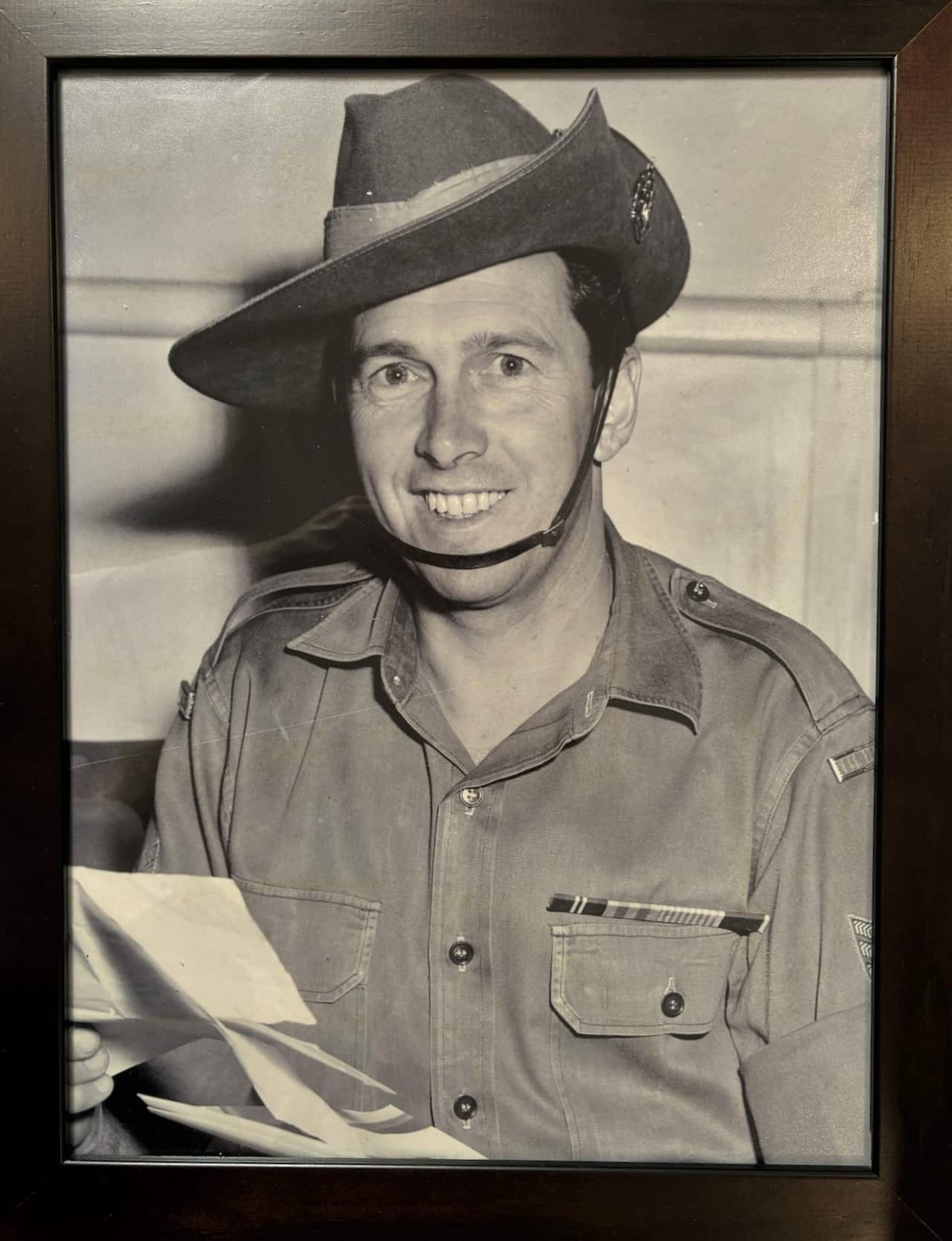
Australian soldier Ray McKenzie was stationed in Japan when he met Tetsuko. Source: Supplied / Tetsuko McKenzie
“Some people did not like to see Japanese women with soldiers,” McKenzie said.
McKenzie said her husband’s family made her feel welcome and helped her establish a new life in Australia, far from home.
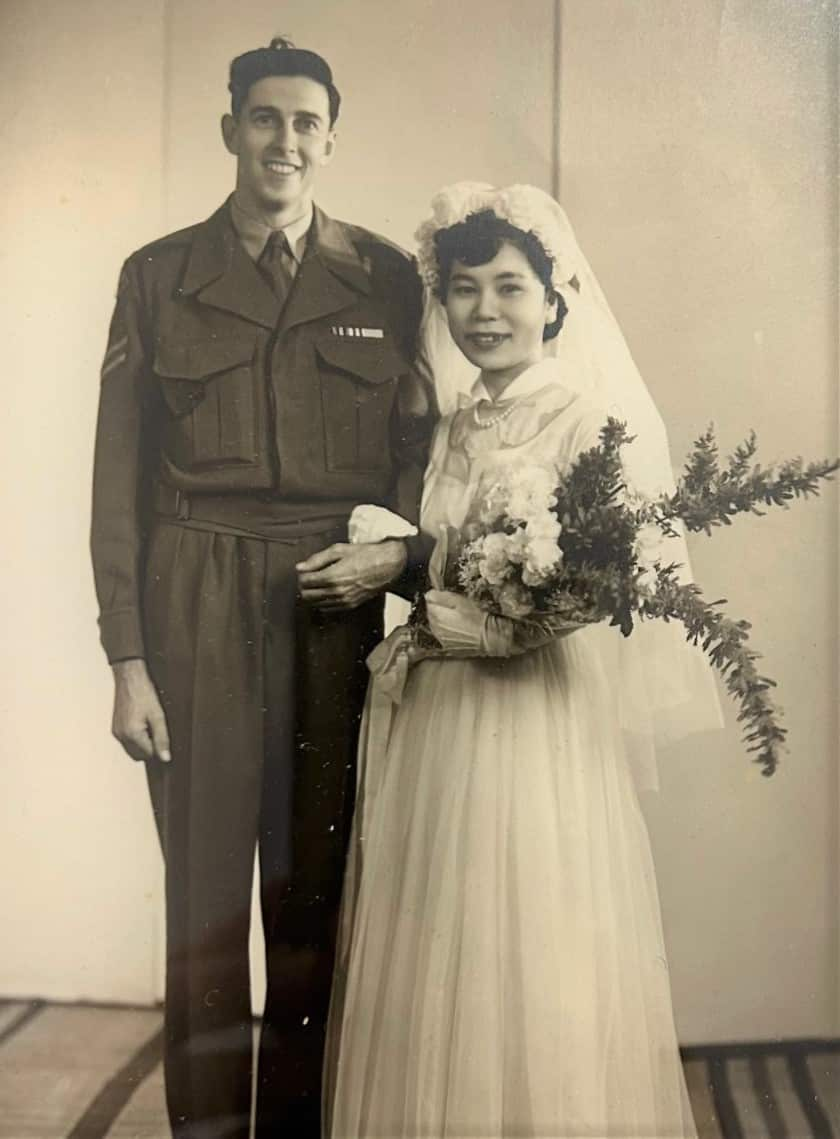
Tetsuko married Australian soldier Ray McKenzie in 1952 and moved to Melbourne. Source: Supplied / Tetsuko McKenzie
But she missed her life in Japan and like many other war brides, worried she would never return.
“She suffered harsh treatment and was forced to do all the dirty work around the house,” McKenzie said.
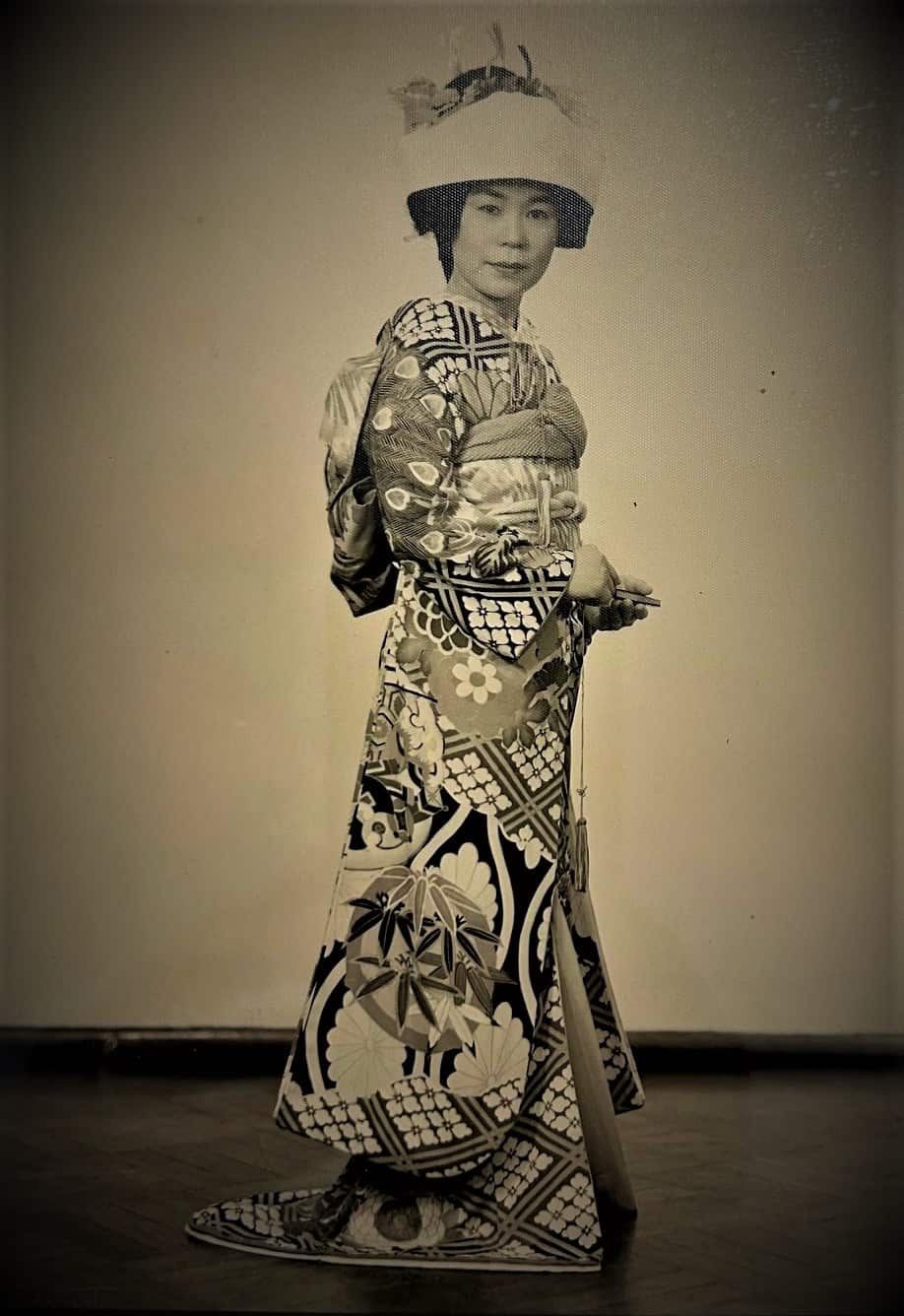
Tetsuko McKenzie on her wedding day in 1952, in traditional Japanese attire. Source: Supplied / Tetsuko McKenzie
McKenzie learned typing and soon started working for the Victorian health department.
“We are all very proud of nanna and the way she radiates happiness and peace. And we are so grateful to still have her with us today,” Ibuki said.
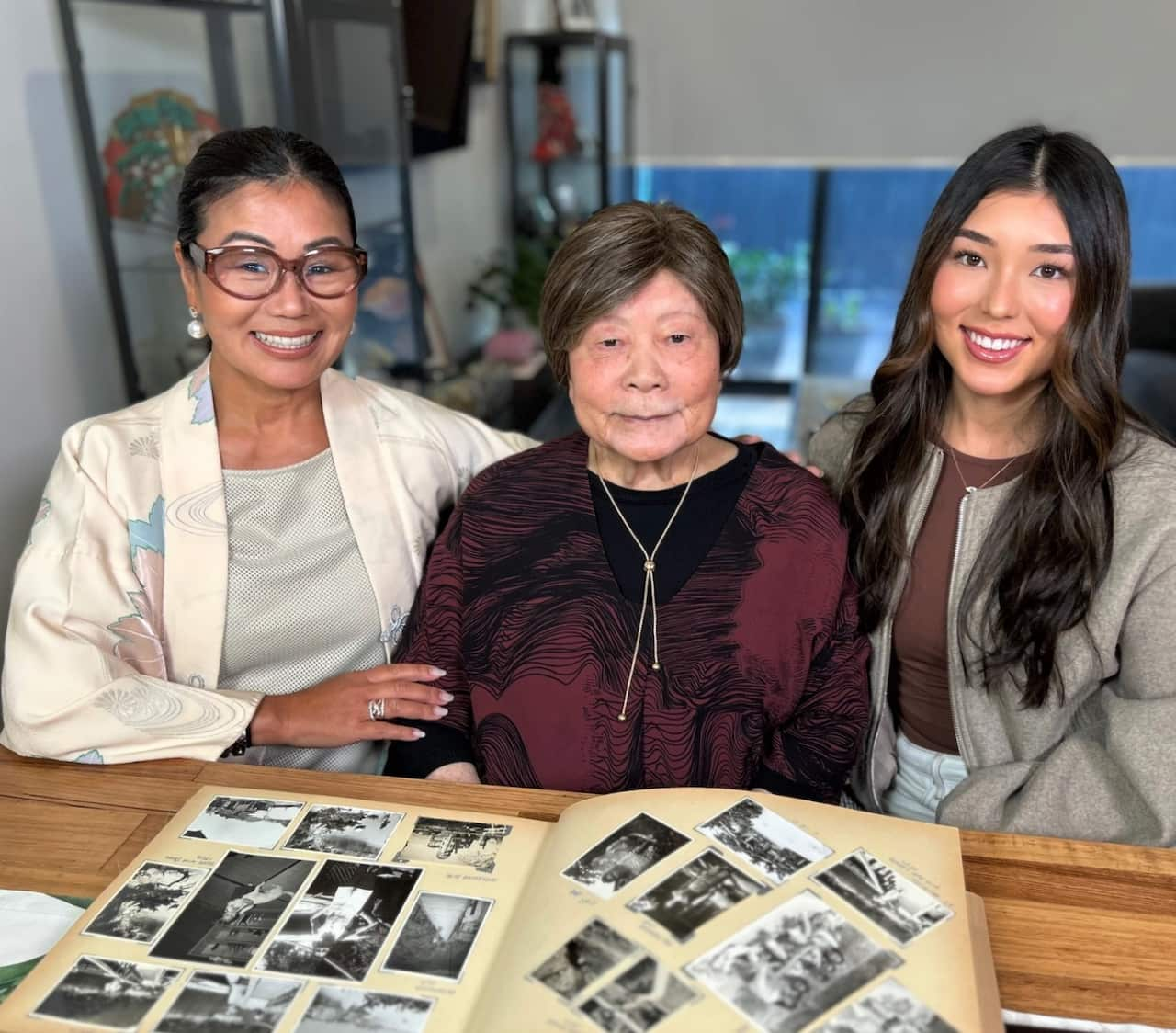
(Left to right) Eri Ibuki expressed surprise when Tetsuko McKenzie recounted her experience of witnessing the atomic bomb fall in 1945. Source: SBS / Scott Cardwell
Like many young people of Japanese descent living in Australia, Ibuki and Pynt are eager to learn about their heritage and regret that, growing up, only English was spoken at home.
“I expect it to be heartbreaking, really, knowing that someone from my family lived through that.”
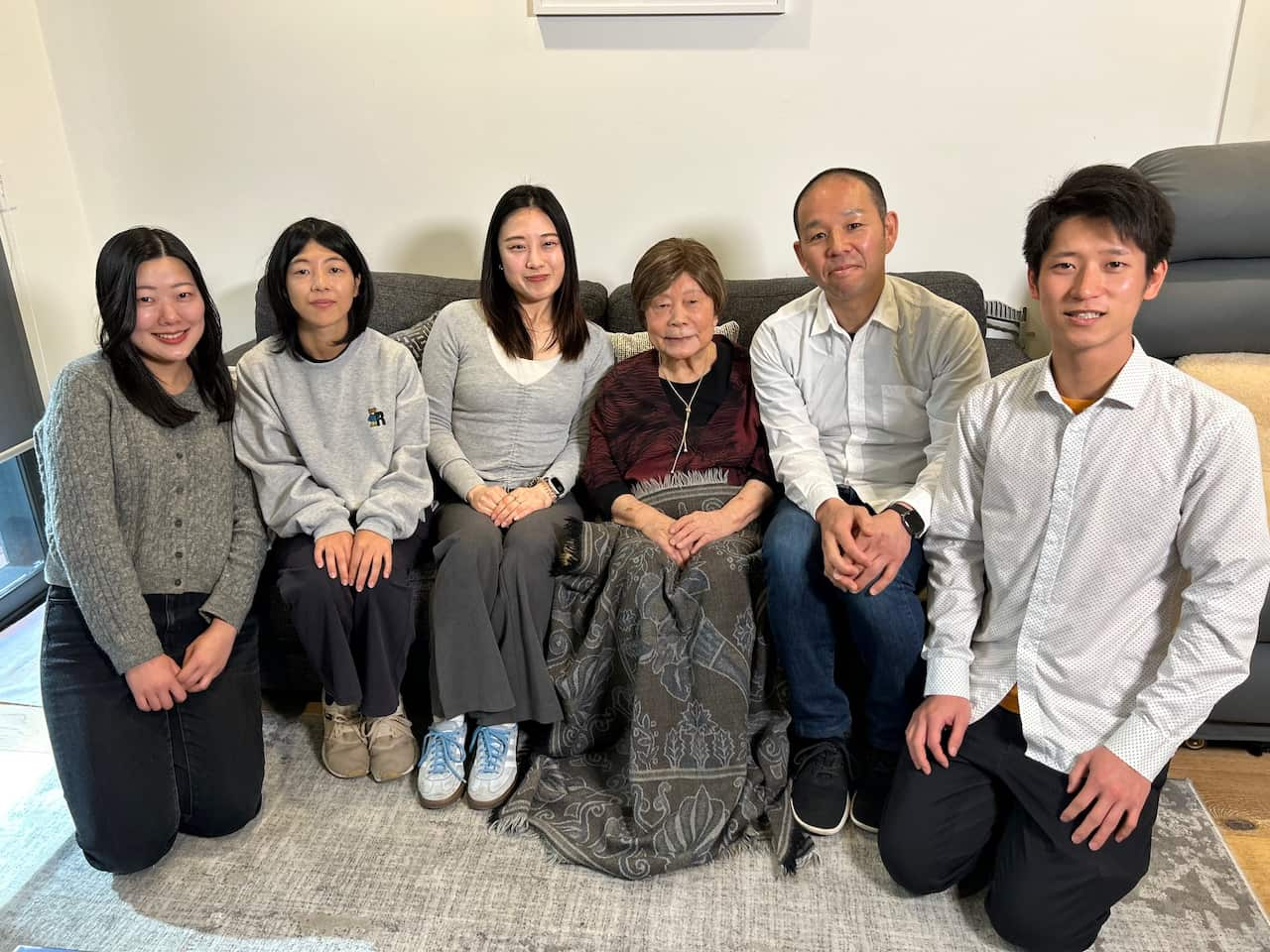
Tetsuko McKenzie loves to share her stories about her life in Japan with young students. Source: SBS / Scott Cardwell
Masafumi Takahashi from the Association of New Elderly in Melbourne, a community group that aims to prevent social isolation among senior members, often brings young students to McKenzie’s cozy home.



